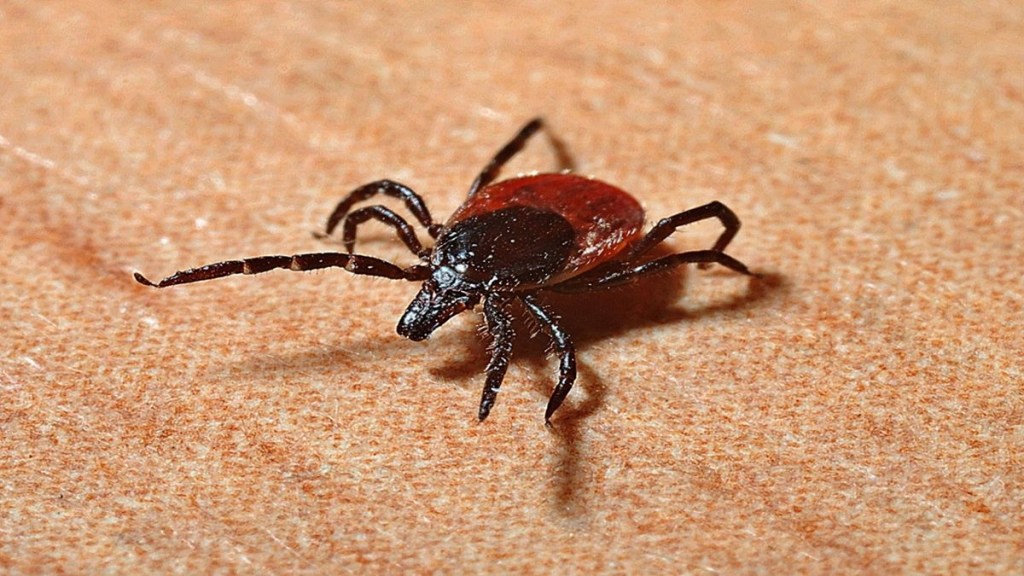Tick virus in UK: Health officials in the UK have reported that a potentially deadly virus spread by ticks is present in the country. Following this, hikers and mountain bikers have been asked to protect themselves.
According to media reports, the first case of tick-borne encephalitis virus (TBEV) was identified in a 50-year-old man who was bitten by ticks while mountain biking in Yorkshire.
Although the risk of tick-borne encephalitis is very low, the tick species which carry the virus is widespread in the UK. According to experts, most people do not develop symptoms but swelling to the brain is possible.
TBEV is a virus carried by ticks and is common in many parts of the world, including in Europe.
According to the Centre for Disease Control and Prevention (CDC), the virus is spread through the bite of an infected tick. In certain cases, the virus can also spread through eating or drinking raw milk or cheese from infected goats, sheep, or cows.
The ticks that spread TBE virus are most active in warmer months (April through November). People who spend time outdoors in or near forests are at highest risk of being bitten by a tick infected with TBE virus, as per CDC.
Encephalitis is a condition in which the brain gets inflamed often due to infection. It can be life-threatening and requires urgent treatment in a hospital. Although anyone can be affected, very young and very old people are most at risk.
Since 2019, there have been three cases of probable or confirmed TBEV acquired in England, as per media reports.
Symptoms of tick-borne encephalitis
According to CDC, many people infected with tick-borne encephalitis (TBE) virus do not have symptoms. The time from tick bite to feeling sick is usually about 7 to 14 days, but can range from about 4 to 28 days.
Initial symptoms can include fever, headache, vomiting, and weakness.
A few days later, severe symptoms can develop including confusion, loss of coordination, difficulty speaking, weakness of the arms or legs, and seizures.
Sometimes initial symptoms last a few days and completely resolve, but then about a week later the more severe symptoms develop (known as “biphasic illness”).
How tick-borne encephalitis is diagnosed?
According to CDC, doctors diagnose TBE virus infection based on:
- Signs and symptoms
- Travel history and possible exposure to ticks while traveling
- Laboratory testing of blood or spinal fluid
How tick-borne encephalitis is treated?
According to CDC, there is no medication to treat TBE virus infection. However, a vaccine is available to prevent infection.
Rest, fluids, and over-the-counter pain medications may relieve some symptoms. People with severe diseases often need to be hospitalized to receive support for breathing, staying hydrated, or reducing swelling in the brain.








